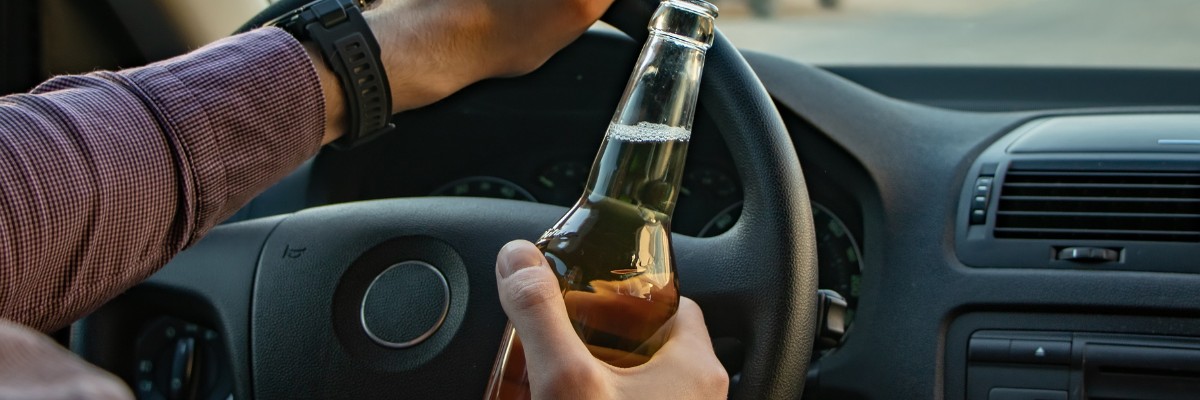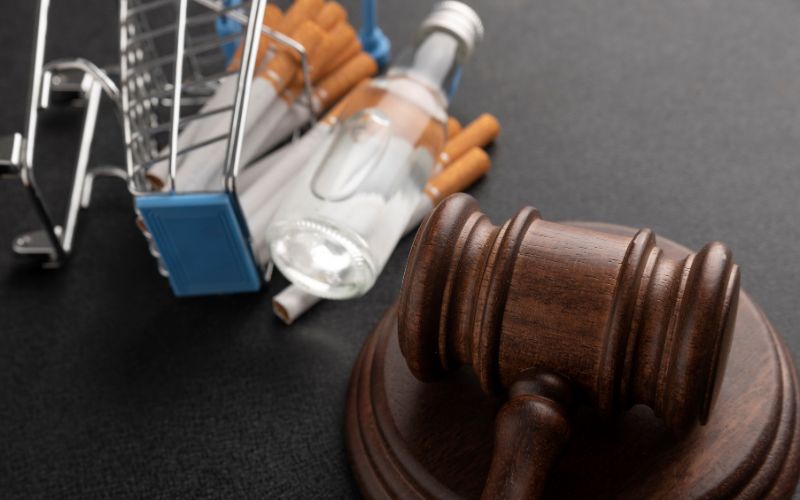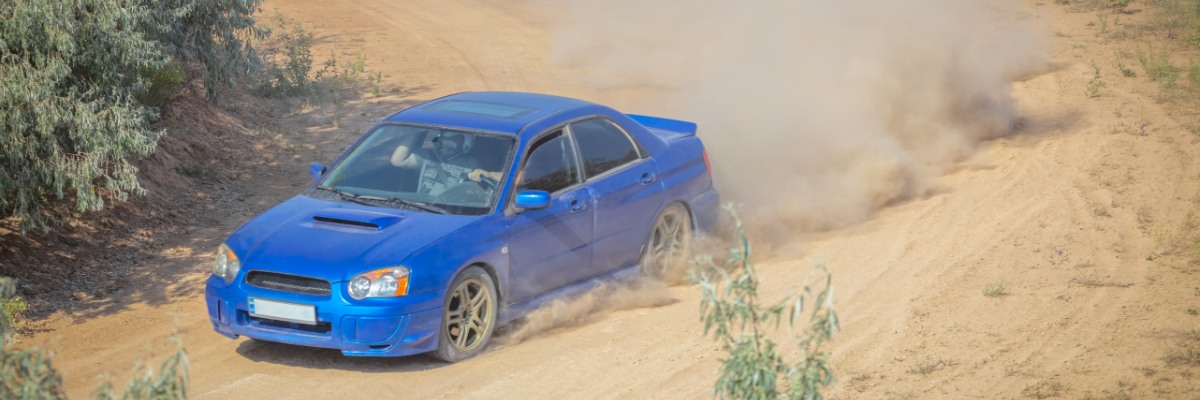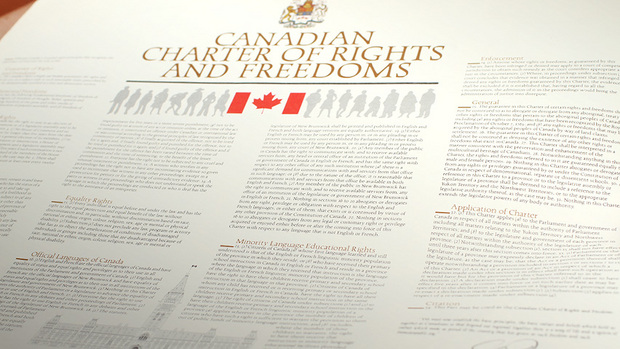Impaired driving, or what is more commonly referred to as drinking and driving, is a very serious criminal offence that, if convicted, has significant legal, personal, and financial consequences. If you have been charged with impaired driving or over 80, it is important you contact a lawyer as soon as possible.
When we think of drinking and driving, we think of a car swerving in and out of lanes, crashing into a tree, a pole, or even worse, another vehicle or pedestrian. At some point along the way most of us have been educated on the dangers of drinking and driving, and we have all heard the message, if you drink don’t drive. However, from the standpoint of a criminal defence lawyer, this message is incomplete. The message should be; if you drink, don’t drive, don’t get in the driver’s seat, don’t start the car, don’t be in possession of the keys, and just to be safe don’t even get into the car even if you’re just going to sleep it off. The reason is that the offence of impaired driving includes circumstances where you are not driving, but you are still in care and control of your motor vehicle. The term care and control has been litigated over for many years and has been before the Supreme Court of Canada on more than one occasion.
The next time you are going to a bar, to a party at a friend’s house or even work function, consider the following. Impaired operation of a motor vehicle is not limited to circumstances where you are driving your car. Your motor vehicle need not be in motion for you to be convicted of impaired driving. In fact, it is not even necessary that your engine is turned on or that your car keys are in even in the ignition.
There are some individuals who do not wish to drink and drive and think that they are being responsible and exercising good judgement by choosing not to get behind the wheel but rather to sleep in their car or wait a period of time in their vehicle until they feel sober enough to drive. However, in choosing to do so, you may be putting yourself in a situation where you are in care and control of your motor vehicle, which could result in you being charged and convicted for impaired driving.
The Crown Attorney does not need to prove you intended to drive your motor vehicle to establish that you are in care and control the vehicle. The Crown Attorney can prove you were in care and control of your motor vehicle by establishing you did some act, or series of acts, which could cause you to unintentionally set your vehicle in motion and thereby create a danger to the public. In fact, the Crown Attorney does not need to establish that there was an overt or intentional act on your part, only that there was some act or series of acts that could have caused your car to be put into motion and thereby putting the public in danger. However, what the Crown Attorney must prove is that your act or series of actions did create a reasonable immediate or potential risk or harm, or that it did create a risk to the public.
Courts throughout our country have held that a person who has fallen asleep in the front driver’s seat of a motor vehicle while the vehicle remains in the park position has created a risk of setting the vehicle in motion and thereby created a risk to the public. Our Ontario Court of Appeal held many years ago that even a person who had fallen asleep in the driver’s seat and where the keys to the motor vehicle were on the floor, that person was still considered to be in care and control of the vehicle.
Next time you think about sleeping it off in your car or even think about getting behind the wheel, remember the penalties that carry with a conviction for drinking and driving. Specifically, there is a mandatory minimum $1,000 fine for first conviction under the Criminal Code as well as a minimum 1-year licence suspension under the Highway Traffic Act. A second conviction carries a minimum jail term of 30 days and each subsequent offence a minimum jail term of 120 days. A second offence for drinking and driving also carries a 3-year licence suspension under the Highway Traffic Act and a lifetime licence suspension for a third conviction.
I practice criminal law here in Toronto, but I am prepared to represent you on an impaired driving charge anywhere in the surrounding jurisdictions, including Burlington, Milton, Brampton, Newmarket, Barrie and Oshawa. If you have any questions about impaired driving, what it means to be in care and control of a motor vehicle or if you have been charged with any other criminal offence, contact me today.
Follow the links for more on impaired driving and refusing to provide a breathe sample.













